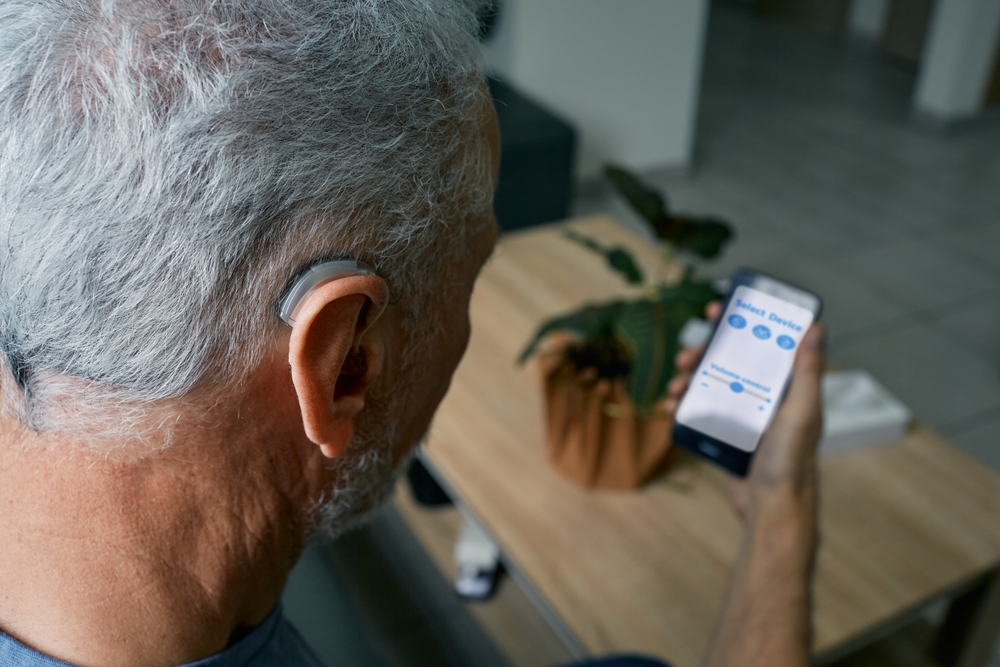New Year’s always bring in new technology, and new innovation makes older models more affordable. In addition, worldwide laws coming into effect in 2020 should hold great promise for people suffering from hearing loss. Maine and Connecticut lead the way in the U.S. with changes to their hearing aid laws by respectively requiring insurers to cover hearing aids and eliminating age restrictions for hearing aid coverage.
While perhaps once seen as a “nice-to-have,” hearing aids are increasingly being recognized as vital to improving a person’s overall health. In addition to these state laws, Medicare in the United States may also change this year offering more coverage for hearing aids thanks to growing evidence showing the importance of hearing to overall health.
The Importance of Caring for Your Hearing
Let’s just put this out there to begin with: when you’re hearing is gone, it’s not coming back. It’s incredibly important to take care of your hearing while you have it, since it’s extremely delicate and can be affected by even the most mundane of everyday activities. Just mowing your lawn once a week for a half-hour can cause extensive hearing damage over time, and that’s nothing compared to listening to headphones at loud volumes or using power tools regularly.
Protecting your hearing by using earplugs or limiting your time in noisy environments can help you retain more of your hearing over time. Otherwise, hearing loss can have some very negative impacts on your health.
Numerous studies have shown that any level of hearing loss can increase a person’s chances of developing dementia and hasten overall cognitive decline. Hearing loss causes major things to happen; it forces your brain to work overtime to compensate for things hearing should help with, like clearly understanding what someone is saying in a conversation, and it also contributes to social isolation, which hastens cognitive decline.
In addition, hearing loss can also lead to fewer educational and employment opportunities because of communication difficulties, which ultimately affects your financial well-being.
So while it’s true that most hearing damage is irreparable and it’s impossible to hear on your own after the ability is gone, there is still hope in the form of hearing aids.
How Hearing Aids Can Help
According to research conducted by Johns Hopkins University, nearly 27 million Americans over the age of 50 have hearing loss, yet other research shows only one in seven of those actually use a hearing aid. While it’s true that many people feel they won’t get enough value out of their hearing aids, advances in hearing aid technology over the past several years have made them much easier to use and more comfortable than they were in the past – not to mention the new laws passed for 2020 that make hearing aids more affordable for people.
A hearing specialist can examine you to determine if you’re a good candidate for a hearing aid, and if so, present you with options for some of the more popular hearing aids on the market. Most of these hearing aids allow you to make adjustments, or will even make automatic adjustments so that you only hear what you want to hear and can block out background noise. Many newer hearing aids also come with wind-canceling technology.
The benefits of using a hearing aid to combat hearing loss are huge. You’ll decrease the likelihood of developing dementia as you age, and your brain will be able to function at a higher level than before. With hearing aids becoming more affordable this year, it may be the time to consider how a hearing aid can help you get your hearing back to normal.
Do you think you can benefit from a set of hearing aids? Contact a hearing specialist near you and schedule a consultation today to find out what options are available to you.



